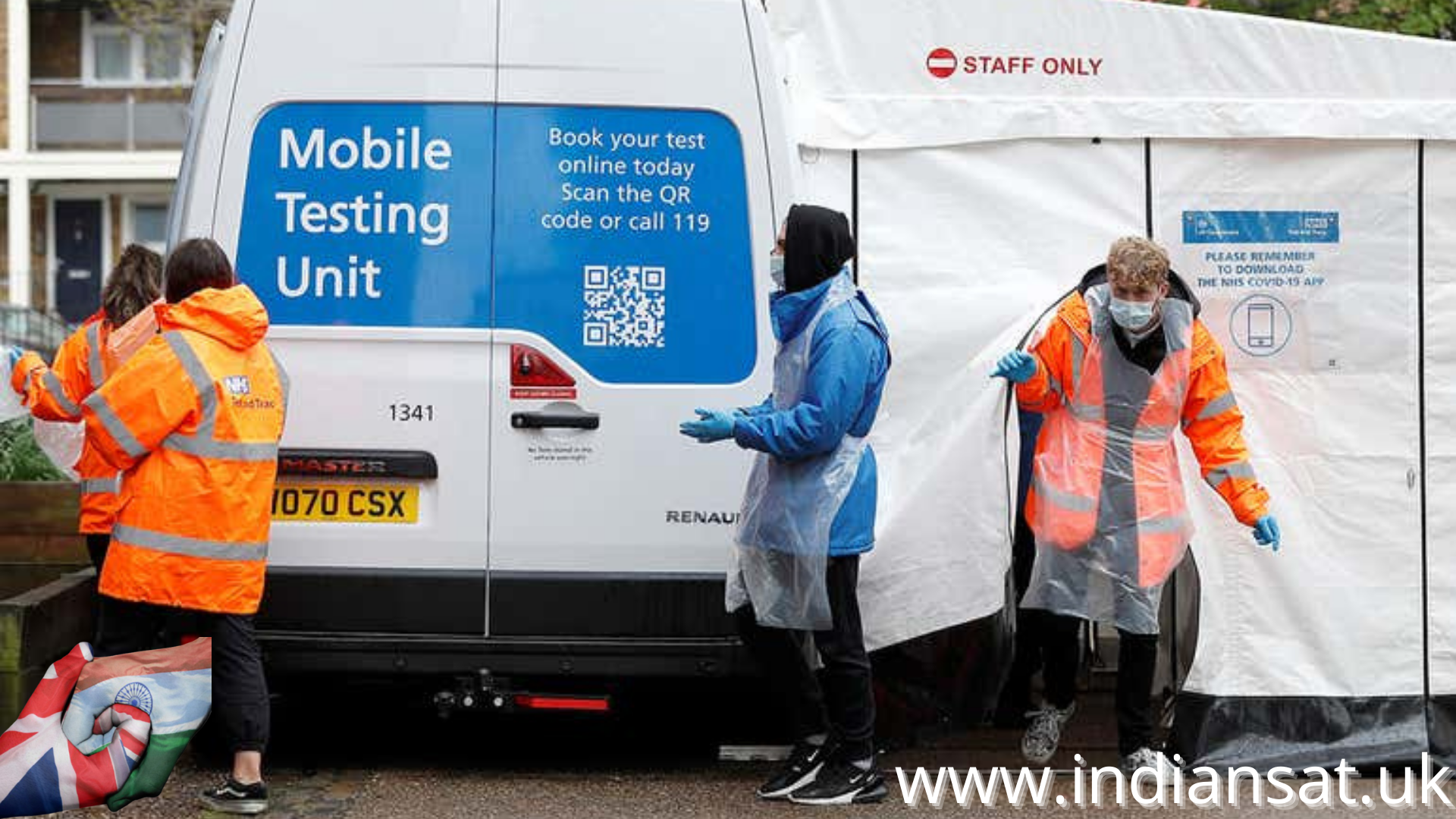A form of the coronavirus variant first identified in India, which is now spreading in the UK, appears to be passed on at least as easily as the “Kent variant” that now dominates UK infections. The variant, called B.1.617.2, was designated a “variant of concern” on 7 May by health authorities in England.
B.1.617.2 is one of three sub-lineages of B.1.617, the variant that has become common in India and which some have considered, but not proven, to be one potential factor behind the crisis India has been facing. On 10 May, the World Health Organization designated B.1.617 as a variant of concern.
Public Health England (PHE) has moderate confidence that the B.1.617.2 variant is on a par for transmissibility with B.1.1.7, which originated in the UK, said Sharon Peacock at the University of Cambridge at a press briefing today. The view is based on the variant’s mutations and its ability to circulate in the UK alongside the Kent variant. However, there is still much we don’t know about the Indian variants.
Peacock said the moderate level of confidence was because we won’t know how readily it transmits until studies are done with more cases. “There’s a huge amount of uncertainty around this at the moment,” she said.
Encouragingly, the variant doesn’t seem more harmful. “There isn’t any evidence that this causes more severe disease,” said Peacock, referring to data from the UK. She noted the mortality rate has been high in India but the country was operating in challenging circumstances, and there was no reason to think the variant caused covid-19 to be more severe.
The total number of confirmed cases of the variant in the UK stands at 520, with 318 of those between 28 April and 5 May. Mapping of cases that have been genetically sequenced suggests hotspots in central and north-west England, with the highest rates in Bolton. Being officially designated a variant of concern by PHE means surge testing is available to local areas to contain its spread in tandem with contact tracing.
Unlike the other two versions of the India variant, it doesn’t have the E484Q mutation which, like the E484K mutation, may be linked to helping it evade antibodies. For that reason, Peacock says the variant circulating in the UK “worries me less” than another version prevalent in India, B.1.617.1.
Ravi Gupta at the University of Cambridge said at the briefing today that research suggests that B.1.617.1 does have a greater ability to bypass defences triggered by vaccination or an earlier coronavirus infection. He said there are signs it is better at spreading among vaccinated people, even though vaccination still appears to protect against severe disease. “In terms of controlling transmission, there may be a degree of compromise,” he said.
There is a possibility the version in the UK, B.1.617.2, becomes the country’s dominant form of the coronavirus, said Gupta. “It all depends on the dynamics of transmission and how quickly we can detect [variants] and close them off.”
The good news is that old ways of limiting existing variants will work for all these new variants. “This isn’t a special variant that is going to get around washing your hands, distancing, wearing a mask and being in a well-ventilated place,” said Peacock of B.1.617.2.
![]()






